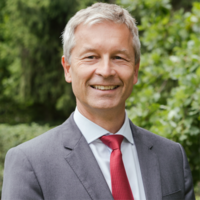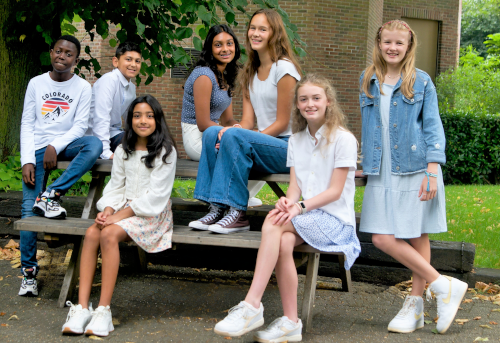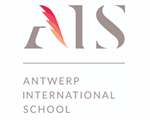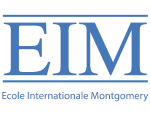
Many expat parents ask the question, what the main differences are when choosing between a private and a public school in Belgium? What would you emphasise?
The IB programme is attractive to many expat parents because of its rigorous academic and personal standards. Students are asked to take an active part in their education. It is a globally recognised programme that prepares students for university while challenging students to think critically and independently. We also recognise that our families come from across the globe and we have systems in place to support them as they integrate into a new country. Our community of international students benefits from a wide choice of native language classes such as French, German, Chinese, Finish, …, as well as the host region language Dutch and our language of instruction English. One of the additional features of AIS that stands out in comparison is our caring community. We have regular events and activities not only for our students but for families as well.
Education is very much on the move. What main changes have you observed at AIS during recent years, and how has the school been adapting?
We have moved away from pure instruction and testing to collaborative learning where teachers more and more act as coaches who empower students to develop as a person both academically as well as socially and emotionally. Our new STEMzone, which is a collaborative learning space focused around the subjects of science, technology/design and mathematics as well as the extensive facilitation of technology within our daily learning processes enables our students to acquire an in-depth understanding of subject content and at the same time pursue their interests through project-based work. COVID has taught us that learning can occur in many places and many shapes; it challenged traditional approaches to education and tremendously accelerated the utilisation of technology in learning environments. However, it also highlighted that a balanced symbiosis of social interaction and utilisation of technology is key to a successful learning process. Students at AIS very much benefit from such a balanced symbiosis.
There are more than 40 nationalities represented at your school; How does AIS embrace and encourage diversity?
We embrace diversity every day at our school. Our students are encouraged to share their unique cultures and explore how these fit into our community. We have several celebrations throughout the year including International Mother Language Day, an International Festival and even local holidays like Sinterklaas. The students are truly immersed in the mixing pot of cultures at AIS.

Sustainability has increasingly become a matter of global concern and importance. How does AIS teach their students about the importance and values of sustainability?
Sustainability is integrated in the guiding statements of our school. We know that taking care of the environment is of the utmost importance for the future of our planet. We have an initiative to create a greener AIS that has already begun. We have newly equipped our school with solar panels, and our students run the AIS Greens which handles the recycling programme on campus. AIS is always expanding on our commitment to sustainability and creating a better world.
How do you see the future of education taking shape from your perspective?
Artificial intelligence will have a major impact on the future of education. We are only in the early stages of understanding the vast opportunities and risks this new technology will bring. However, there is no way back and we have to embrace AI rather than fight it. Education will look very different in 15 to 20 years; maybe many schools will be hybrid systems of remote and in-person learning. Whatever the future holds, we should never forget that every person is different and each age group has its own developmental needs. The greater the diversity of schools and their educational approaches, the better these schools will serve the needs of society as long as we do not forget that in-person social interaction will always remain a key ingredient to the academic, social and emotional development of a human being. The AIS Board of Governors has actively begun a process of investigating and researching the various factors, including AI, that will influence the future of our school beyond 2030.
In summary, international schools are continuously changing the way they educate and teach their students. Antwerp International School takes this very seriously and is adapting the school and curriculum to ensure that all students are well prepared for the future.




